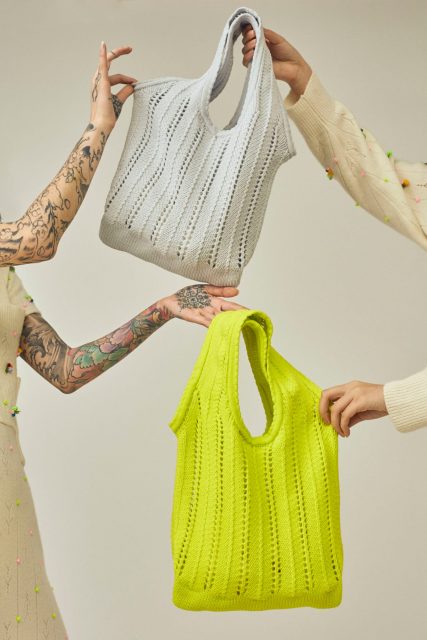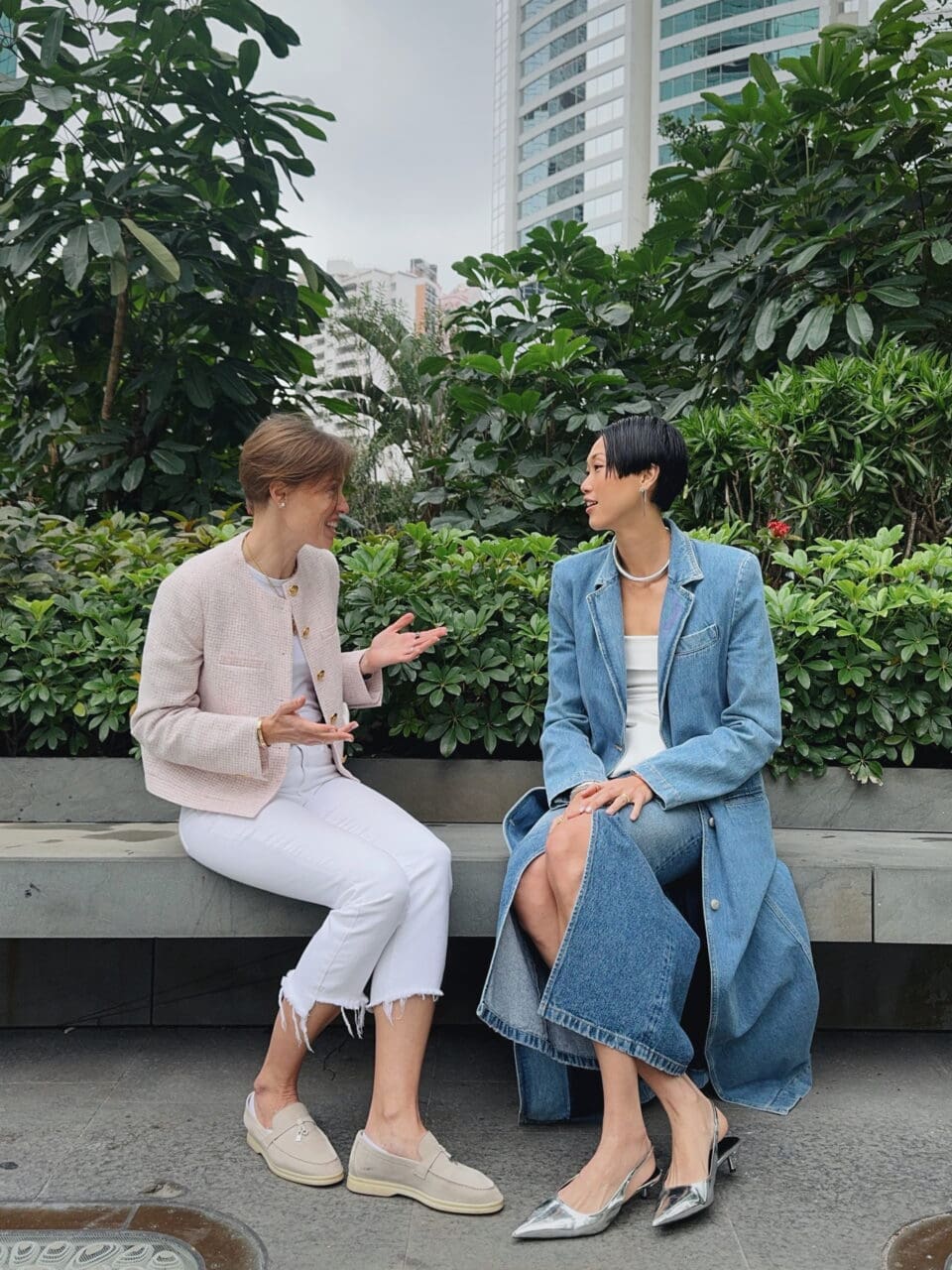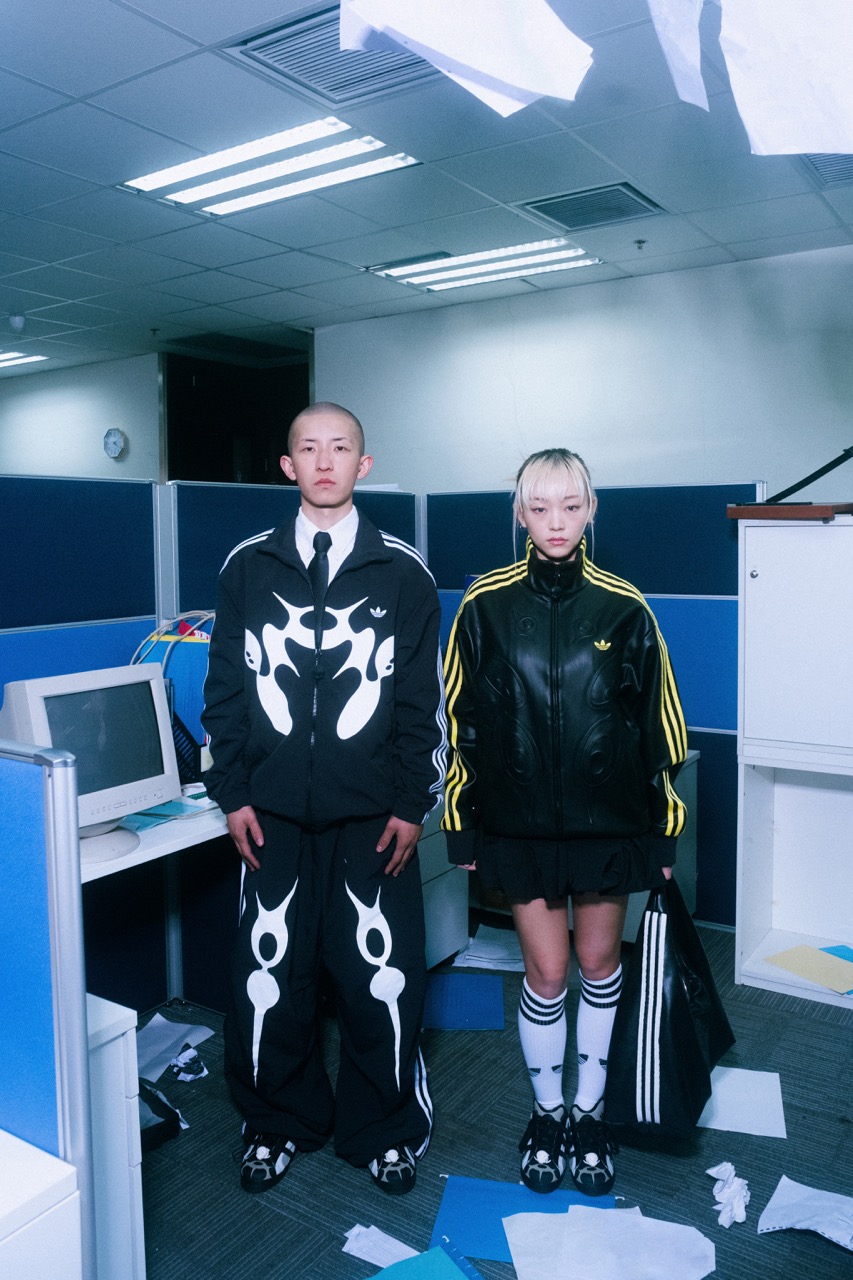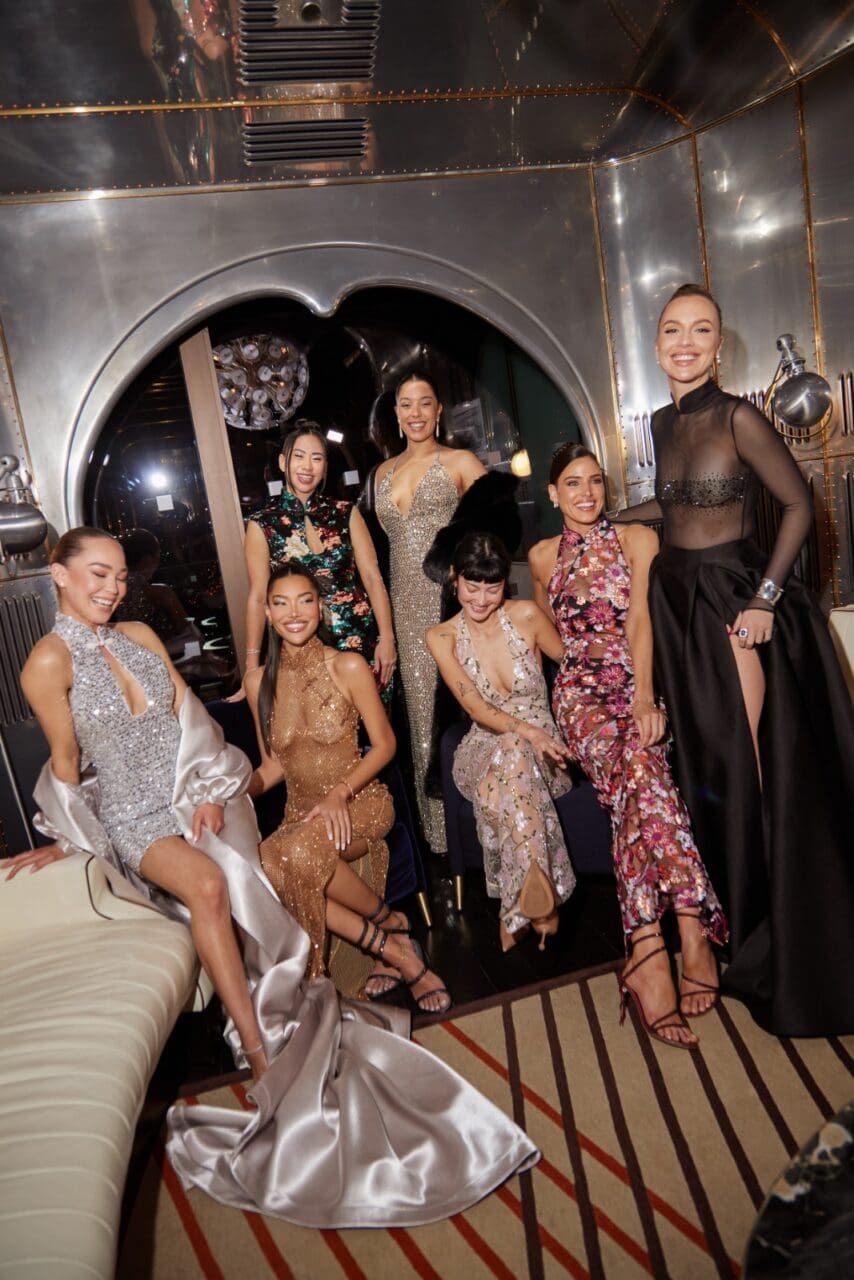Growing up in the public eye wasn’t always glitz and glamour. Although the spotlight was on my family, I often felt unseen, unheard, unremarkable even. As a young girl, I dreamt of the day that I could step out of my parents’ shadow, but I was unsure whether I actually could escape the life that was already planned out for me.
In today’s world, where I am from, I would like to think gender norms have (thankfully) become so passé. In fact, it’s easy to forget what things were like for girls and women only a few decades ago, and easier to forget there are still a lot of places in our world where gender inequality still casts a huge shadow on society.
Take my childhood for example. I was the middle child in a very male-dominated, traditional Chinese household. Per Chinese customs, sons were profoundly preferred over daughters, and were celebrated for their ability to continue the family lineage and ensure the family’s social and economic stability. At home, much of the praise went to my elder brother, who was our family’s first born male. I found myself being pulled by two extremes as I competed for more love, attention and connection; I felt like I either needed to excel or to rebel. Let me tell you, I was not cut out for the excelling part, especially not the type of “excelling” that my family had in mind. I was never a top student and I always got by with barely passing grades.
So then, I was lured into rebelling as an alternate cry for attention… and I was certainly better at it. When I was sent off to boarding school, I was suspended within the first month of my arrival because of my unruly behaviour. But that wasn’t the end of it. A few years later, much to the chagrin of my parents, I decided that I would go volunteer in a third-world country and work at a local orphanage. At that time (about twenty years ago), there were no iPhones, no FaceTime, no Facebook, no Instagram – there was no way for me to regularly communicate with my family. And to be honest, I relished that fact. I was excited to finally be free of responsibilities and expectations, and be accountable to no one but myself. Little did I know that a decision born from my teenage angst would make for one of the most eye-opening journeys of my life.
To be clear, my trip was far from fun and games. Upon arrival, I was delegated with my first task: help with farming the local plantation. Growing up as the quintessential spoiled city girl, being foisted suddenly into a world of hard physical labour shattered my sense of reality. My young, impressionable mind was disoriented that there existed such a polar opposite reality. I can still recall the discomfort I felt during our “ration trips”. Every two weeks, our team would hitchhike and travel from our dilapidated rural village to the main town in order to buy a meagre quantity of food and supplies. The only way to town was through a rocky, muddy, and unpaved one-way road. I would sit in a cramped corner on the back of a pick-up truck with my face wrapped in the silk scarf that my mom tied around my neck at the airport. My mother’s token of love to keep me warm on the flight was now a shield to protect against the yellow-white cloud of sand, dust, and fumes from entering into my nostrils and lungs.
As months passed, I found myself drawn to the simplicity of my new life, as well as the special harmony that the villagers had forged with Mother Nature. Even though I returned to Hong Kong covered from head to toe with angry mosquito bites, (which my brother took photos of and jokingly threatened to send them to the Guinness book of record for the most mosquito bite on a human), I also returned with something more permanent: a valuable lesson on what it means to be sustainable that was engrained in my mind and heart.
In many urban societies today, we often choose whether we want to be more sustainable or not. By contrast, at the orphanage, living sustainably wasn’t a fun fad, it was necessary for survival. If you have to walk many miles to access clean water, every drop of water becomes sacred. When it rained, we would collect the rainwater run-off from tin rooftops to store it for later use. When there was a dry spell, no one showered. If you are hungry and don’t know when your next meal is, not one bite of food will go to waste. We never had the luxury of over-indulging during mealtime, we only ate the amount that was necessary to sustain our bodies. If resources are scarce and you don’t have the means to buy more or buy new, every single item must be reused ad infinitum. At the orphanage, we used reusable cloths as diapers. On the off chance there was something made of plastic, it was never thrown away but instead reused or repurposed. Although some of my memories of that time have faded, I have held on tenaciously to the values of sustainability that I learned first-hand, and have strived to integrate them into my daily life.
When I gave birth to my first born, I experienced an unconditional, over-consuming love that took over my entire being. I knew that I would do just about anything to protect this little human being. The first time I held him in my arms was when I found the meaning that was missing in my life. Sometimes when I look at my son, I am reminded of the innocent faces of the children at the orphanage, whose smiles would make my heart melt. I know that my purpose is building a future where my children, and all children around the globe, can drink clean water, breathe clean air, eat nutrient-dense foods that aren’t pumped with antibiotics or sprayed with chemicals, and swim in seas that have less plastic and more fishes.
Although our world is riddled with problems small and large, we may not not fix every single issue. What matters is not how much we do, but how much effort we put into the issues that we care about. We forget that small steps, baby steps even, are how we climb the tallest of mountains. Even though the view at the top is mesmerizing, our growth occurs during the climb.
What’s important to you probably differs from what’s important to someone else. And that’s perfectly okay. Each of us has different needs, goals and personalities. What may appear as a small step to you may be a large step to someone else. But remember, rainbows are born in between the light and the rain. Likewise, our collective power emerges from our differences, not simply our similarities.
This is the reason why I founded my platform 8Shades, for people exactly like myself. I will be the first to admit that I’m not perfect. I’m not a vegan, and I still haven’t fully adopted a “zero waste” lifestyle despite boosting my recycling efforts. And even if I am reducing my meat intake, I am not qualified to tell you to go vegan, or make you pledge to go “zero-waste” overnight. But what I do know is that everyone can make a difference. At 8Shades, we want to remind everyone that every step counts. We want to create a culture that casts away self-judgment and appreciates where we are, and our potential to press forwards. We want to replace judgment towards others with gratitude. We want to starve division with compassion by showing more support for one another.
I never want my readers to feel overwhelmed by thinking they have to do too much, too quickly. Interestingly, even if I were “perfect” so to speak, and even if my actions were always aligned with living sustainably, without the help of others, my impact would still be minimal. After all, I’m just one person out of the 7.6 billion that live on Planet Earth. My hope is to spread awareness across a larger community and encourage us to pool our talents together. Our strength lies in numbers: if more of us commit to making small changes in our own unique ways, together we can plant more seeds of change, making our world greener and more bountiful.
The 8Shades community is a non-judgemental, light-hearted, safe space for us to journey together, learn together and grow together. It is a purpose-driven lifestyle platform that aspires everyone to make the world a shade greener. No matter where you are in life, and what shade of green you are drawn to, we can all take our first steps towards a greener future. Let’s make this a better world for ourselves and future generations to come.
Photography by Kim Lo
Editor
Emily Lam HoCredit
Lead Image: Kim Lo









